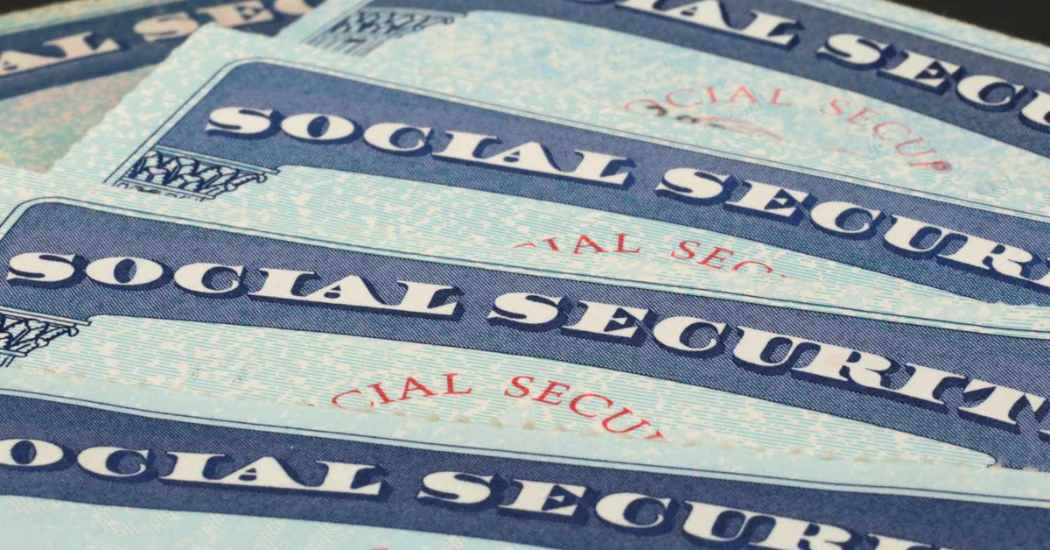The Social Security Fairness Act has become a focal point in recent legislative discussions. This legislation, which has been in the limelight for quite some time, seeks to rectify the disparities introduced by the Windfall Elimination Provision (WEP) and the Government Pension Offset (GPO).
These provisions have historically been a bone of contention for numerous public servants, leading to significant reductions in Social Security benefits for those with careers spanning both public and private sectors.
The Core Issues: Understanding WEP and GPO
The Windfall Elimination Provision (WEP) and the Government Pension Offset (GPO) are two mechanisms that have been at the heart of the debate. The WEP primarily reduces the Social Security benefits of individuals who, at some point in their careers, earned a pension from an employer that did not withhold Social Security taxes.
This is often juxtaposed with their tenure in other roles where they did contribute to Social Security taxes. On the other hand, the GPO affects those individuals who receive a pension from a government job (federal, state, or local) where they didn’t pay Social Security taxes, impacting their spousal and survivor benefits.
Bipartisan Support and Advocacy
The Social Security Fairness Act’s journey has been marked by notable bipartisan support. Representatives Spanberger and Graves, in a recent press conference, underscored the growing momentum behind this bipartisan initiative. Their collective vision is clear: to eradicate the WEP and GPO, thereby restoring fairness to the system and ensuring public servants receive their due.
Organizations like the National Active and Retired Federal Employees Association (NARFE) have also championed the cause, spotlighting the unfair penalties of WEP and GPO that have burdened countless government retirees.
The Current Status and Anticipated Outcomes
While the precise voting date for the Social Security Fairness Act remains shrouded in uncertainty, the escalating support and fervent advocacy from diverse quarters hint at a promising trajectory. Proponents of the bill harbor optimism regarding its eventual passage, buoyed by its bipartisan endorsement and the pressing imperative to redress the WEP and GPO anomalies.
Public Sentiment and Broader Implications
The potential passage of the Social Security Fairness Act isn’t just a legislative milestone; it’s a reflection of public sentiment. Over the years, countless public servants have voiced their concerns, detailing personal stories of financial strain due to reduced benefits.
The act’s passage could herald a new era of financial security for many, rectifying years of perceived injustice. Moreover, the broader economic implications are profound. With more equitable benefit distributions, retirees could contribute more significantly to the economy, boosting sectors like healthcare, real estate, and consumer goods.
Conclusion
The Social Security Fairness Act stands as a testament to the power of bipartisan collaboration and the collective will to effect change. As the nation awaits the vote, the ramifications of the bill’s potential enactment resonate far and wide. Beyond the legislative corridors, it’s a beacon of hope for countless Americans, promising a future where their contributions are recognized, and their financial well-being is secured.




